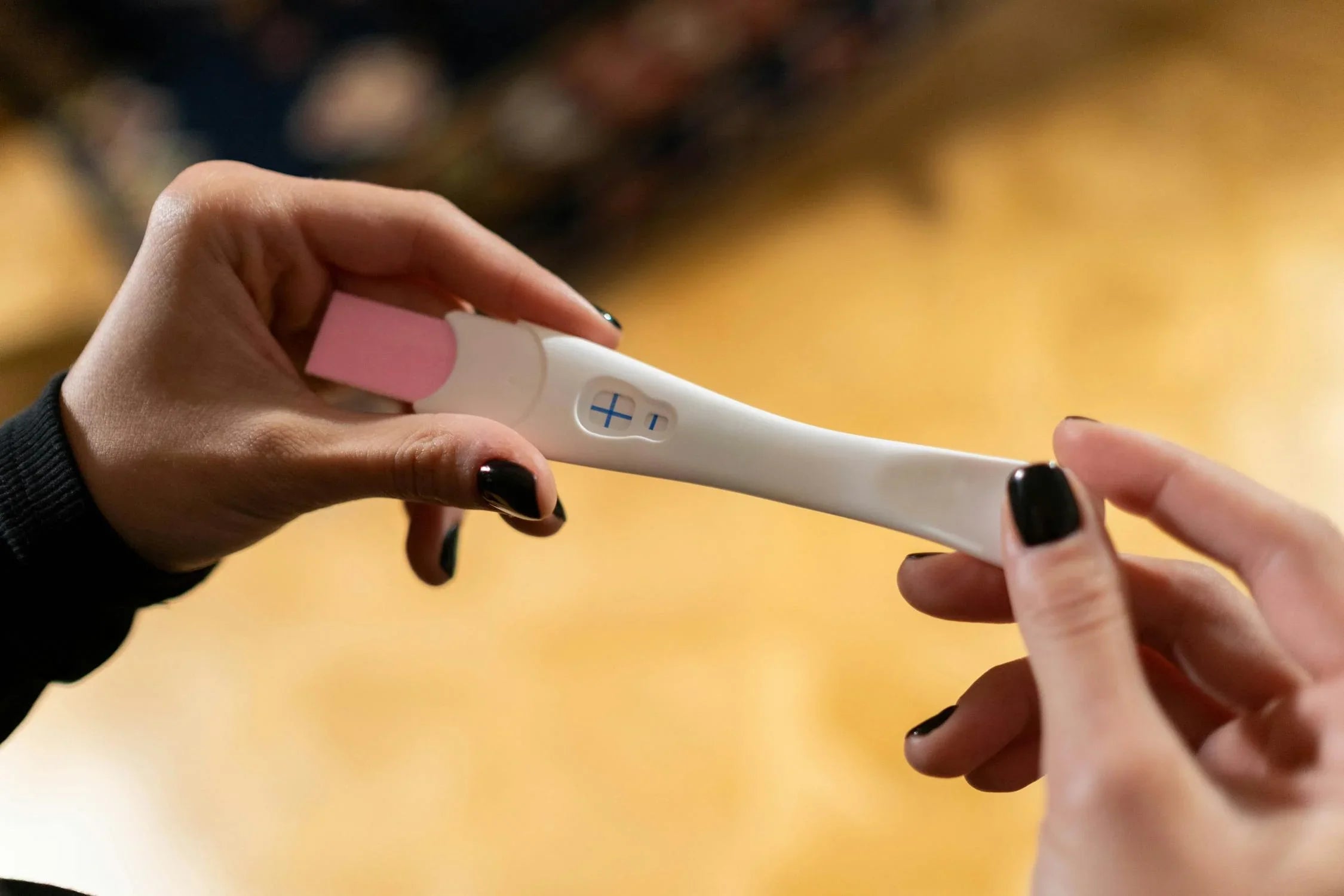Home
Pregnancy, Breastfeeding, and Pumping: The Ultimate Guide for Moms
How Soon Can You Take a Pregnancy Test: A Comprehensive Guide

How Soon Can You Take a Pregnancy Test: A Comprehensive Guide
Are you wondering how soon you can take a pregnancy test? The anticipation of finding out whether you're pregnant can be both exciting and nerve-wracking. Knowing the right time to take a test can make all the difference in getting accurate results. This guide will walk you through everything you need to know about pregnancy testing, from the earliest detection methods to the factors that can influence the outcome.
Understanding Pregnancy Tests
Pregnancy tests detect human chorionic gonadotropin (hCG), a hormone produced by the placenta once a fertilized egg implants in the uterus. There are two main types of pregnancy tests: urine tests and blood tests. Urine tests are the most common and can be done at home, while blood tests are typically performed in a healthcare setting.
How Soon Can You Take a Pregnancy Test?
The timing of a pregnancy test is crucial for accurate results. Most home pregnancy tests claim to detect pregnancy starting from the first day of a missed period. However, some highly sensitive tests can detect hCG as early as 7-10 days after ovulation. It's important to note that the accuracy of these tests increases the longer you wait after a missed period.
Early Pregnancy Testing
If you're eager to find out if you're pregnant before your missed period, early pregnancy tests might be an option. These tests are designed to detect lower levels of hCG, but their accuracy can vary depending on factors like the timing of implantation, individual hormone levels, and the sensitivity of the test used. Testing too early can result in a false negative, where the test does not detect hCG even if you are pregnant. To minimize the risk of a false negative, it's best to wait until at least a week after your missed period.
Factors Affecting Test Accuracy
Several factors can influence the accuracy of a pregnancy test. These include the sensitivity of the test, the timing of the test, and how well you follow the instructions. Additionally, certain medications, such as fertility treatments that contain hCG, and medical conditions, such as molar pregnancy or certain types of tumors, can affect hCG levels, leading to inaccurate results. If you suspect you're pregnant but receive a negative result, it's a good idea to retest after a few days or consult with a healthcare provider.
Types of Pregnancy Tests
There are various types of pregnancy tests available, each with its own advantages and disadvantages. Standard urine tests are convenient and affordable, but they may not be as sensitive as early detection tests, such as First Response Early Result or Clearblue Early Detection. Digital tests provide clear results in words, eliminating the need to interpret faint lines. Blood tests, while more accurate, require a visit to a healthcare provider and may take longer to get results.
When to See a Doctor
If you've taken a pregnancy test and received a positive result, it's important to schedule an appointment with your healthcare provider. They can confirm the pregnancy through a blood test and provide guidance on prenatal care. Even if your test is negative but you continue to experience pregnancy symptoms, it's a good idea to consult with a doctor, as the test may have been taken too early, or hormonal imbalances could be affecting your cycle.
Finding out if you're pregnant is a significant moment in your life. By understanding how soon you can take a pregnancy test and the factors that can affect its accuracy, you can approach this experience with confidence. Whether you're hoping for a positive result or preparing for the next steps, knowing the right time to test can help you get the answers you need.
Share


